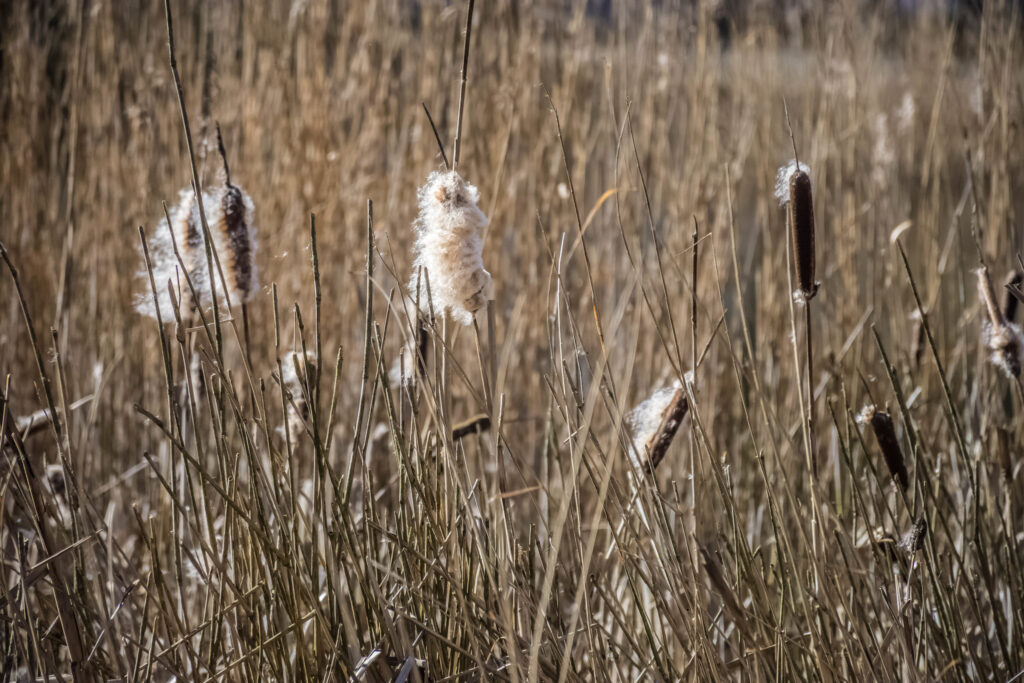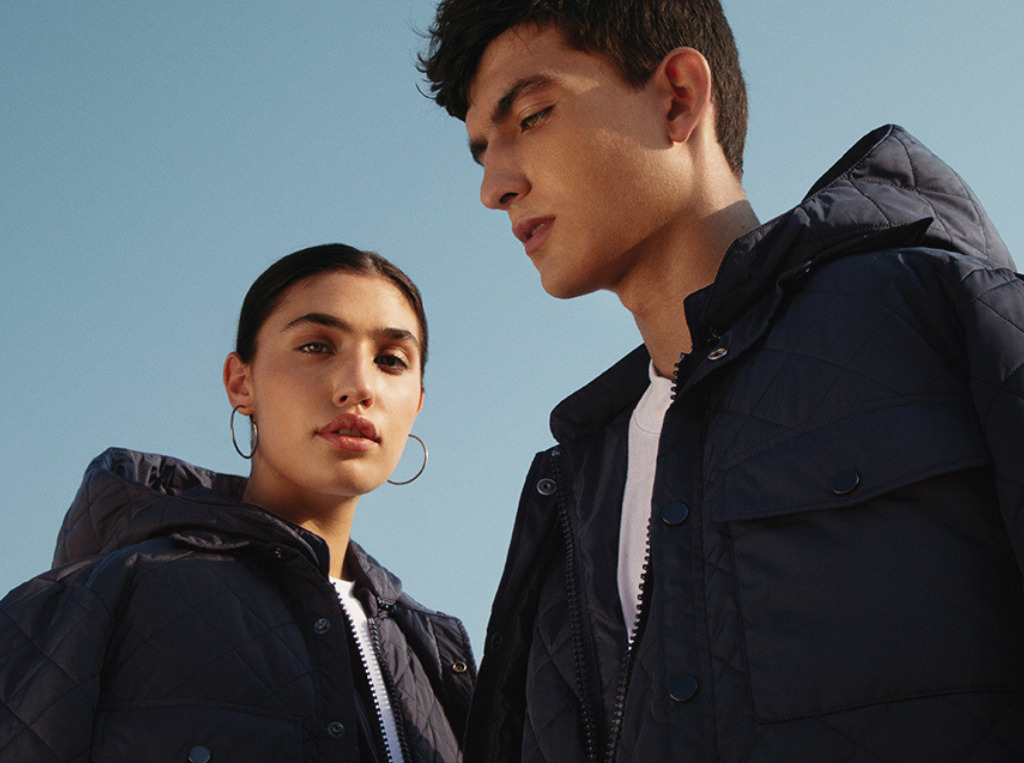4 Mins Read
UK startup Saltyco has developed a BioPuff, a new bulrush-based fill material for puffer jackets that has a feather-like structure. A sustainable alternative to animal- and petroleum-based materials like duck or goose fibres and polyester or nylon, it’s designed to provide warm, lightweight and water-resistant insulation.
A winner of the H&M Foundation‘s Global Change Award 2022, Saltyco’s BioPuff is created by cultivating plants using regenerative wetland agriculture. Based in Salford, northwest England, Saltyco is aiming to transform bulrush into an eco-friendly alternative to goose down and synthetic fibres that line puffer jackets, while cutting emissions and boosting the productivity of rewetted peatland, reports the Guardian.
If BioPuff’s raw material production could be scaled, the environmental impact of manufacturing clothes from the material would be a fraction of that of conventional fibres. “The bulrush has an amazing high-volume structure,” Saltyco founder Finlay Duncan told the Guardian. “Its seed heads can expand about 300 times in size. It has these umbrella-like structures that mimic the natural structure of goosedown in terms of providing that nice lofty, fluffy feeling.”
A government grant for sustainable farming

To help scale up the availability of bulrush, the Wildlife Trust for Lancashire, Manchester and North Merseyside has teamed up with a local farmer and a landowner on a five-hectare site as part of a paludiculture (wet farming) trial, with a £400,000 grant from the UK government.
To make enough material for one jacket, about 20 bulrush heads are required, the first of which are set to be harvested from this site in 2026.
Situated in Greater Manchester, the site was drained for agriculture over 50 years ago, an act that will be reversed in 2024 to plant the bulrushes. The Wildlife Trust predicts that this could save 2,800 tonnes of carbon dioxide equivalent by 2050, as well as boost biodiversity. It’s also posed as an additional income source for farmers on lowland peat in the northwest of England.
“If we can make this trial successful and upscale it, there is so much lowland peat in the UK that is crying out to be rewetted, both environmentally and economically,” the Wildlife Trust’s Mike Longden told the Guardian, describing campaigns like the bulrush project as a lucrative “win-win”. He added: “Farming on lowland peat can be really difficult. It’s not the most profitable farming.”
An eco-friendly puffer jacket
The BioPuff puffer jacket is an alternative to down feathers and synthetic, petroleum-based materials, which come with animal abuse and climate challenges. A PETA investigation found that down feathers are sometimes plucked forcefully while birds being raised for food are still alive. This often causes the animals to be frightened and leaves them with bloody wounds.
Synthetic materials, like polyester, can have a poor climate footprint. Since it isn’t biodegradable, polyester stays in landfills for decades and can shed toxic microfibers. A lot of polyester is derived from petroleum, a non-renewable fossil fuel.
Saltyco says replacing a single conventional puffer jacket with a BioPuff version could help regenerate 10 sq m of land and use 40kg less of carbon dioxide. The startup uses low-energy, waterless mechanical manufacturing processes, and confirms its products are biodegradable and compostable.
Its website states that the material naturally comes with a cluster structure that traps heat within small air pockets to retain warmth. And its low-density nature makes it suitable to insulate a variety of garments. Its fibres develop a natural layer of waxes during their growth period, which improves its water resistance when subjected to wet weather conditions.
It has also been tested and benchmarked against well-known petroleum-based, plant-based and animal-based fibre fill materials, and came out with one of the warmest fill-to-weight ratios on the market.
BioPuff is already being used in a jacket by Italian label YOOX in its 8 by YOOX collection. Now, SaltyCo – part of Fashion for Good’s Global Innovation Programme – is in talks with more fashion houses to transform the puffer jacket.
As fashion companies race to green their operations, materials and supply chains are increasingly under the ethical and environmental microscope. Alternatives to conventional animal-based sources are highly sought after with a bevvy of innovative startups emerging to fill the gap including 100% biobased leather alternative MIRIUM by Natural Fiber Welding and BioFluff, a plant-based fur replacement.



